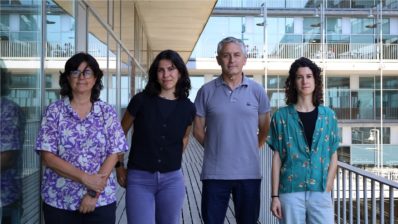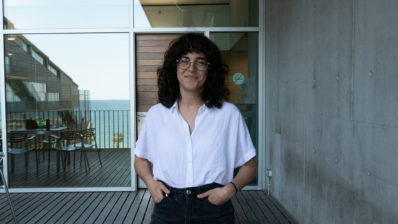The public-private consortium formed by the biotech company Connecta Therapeutics, the Centre for Genomic Regulation (CRG) and the Hospital del Mar Medical Research Institute (IMIM) has received one of the 2019 “Collaboration Challenges” grants given by the Spanish Innovation Agency, with a value of 1.97 million euros, to develop an innovative treatment for fragile X syndrome (SXF), the leading cause of hereditary intellectual disability.
This grant is in addition to the other 1.7 million euros that Connecta had obtained from a venture capital firm, bringing the total to around €4 million.
Fragile X syndrome (SXF) is the leading cause of hereditary intellectual disability. The public-private consortium formed by CRG, IMIM and the biotech Connecta Therapeutics has raised €4 million to find a treatment.
SXF is due to a mutation that affects the plasticity and maturation of synaptic connections between neurons. The CTH120 molecule has been shown in preclinical studies, conducted in the laboratory led by Dierssen, to be a good modulator of this neuroplasticity, while improving cognitive ability and social behavior.
Now, the laboratory led by Mara Dierssen at the CRG, will conduct complementary pharmacology studies of the CTH120 molecule. Subsequently, Rafael de la Torre’s team at IMIM will begin the Phase I clinical trial, scheduled for early 2022.
According to the researchers, public-private partnerships like this one are necessary to be able to take on the challenges involved in this translational research. “To foster these collaborations it is important to have adequate facilities and structures for this type of research, as well as a multidisciplinary team with experience in the field of translational research,” explains Dierssen.
“At the Barcelona Biomedical Research Park (PRBB) there is the possibility of addressing from preclinical studies to phase 2 clinical development, because there is a know-how – in particular on intellectual disabilities – which is unique in our European environment”, adds de la Torre.






